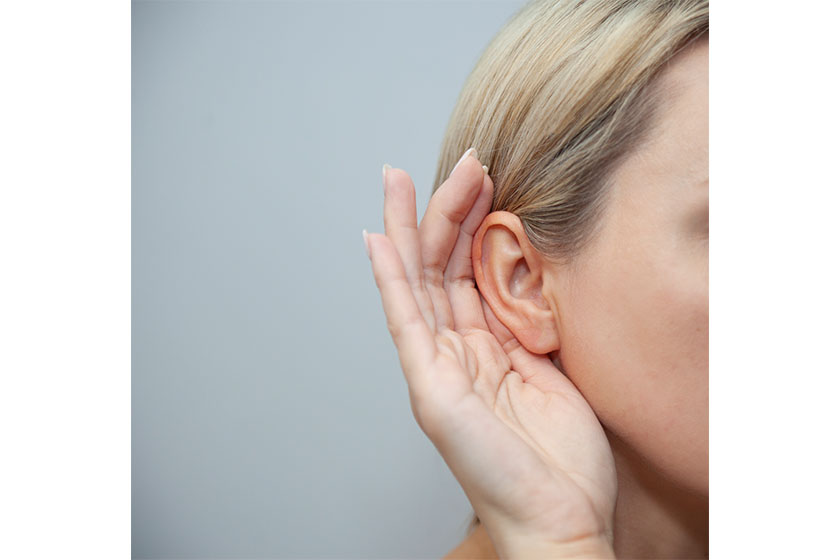Hearing loss is a prevalent issue that affects millions of people worldwide, yet it is often shrouded in myths and misunderstandings. We are going to debunk ten myths about hearing loss to provide you with a clearer understanding of this condition.
Hearing Loss Only Affects the Elderly
One of the most common myths is that hearing loss only occurs in older adults. While it is true that age-related hearing loss is prevalent, hearing impairment can affect individuals of all ages. Exposure to loud noises, certain medical conditions, and genetics can lead to hearing loss in younger individuals. It’s essential to be aware of this at any age and protect your hearing accordingly.
Hearing Aids Restore Perfect Hearing
Another misconception is that hearing aids can completely restore perfect hearing. While hearing aids are powerful tools for improving hearing, they cannot provide the same clarity and precision as natural hearing. They amplify sounds to make them more audible, but they may not fully replicate the nuances of normal hearing.
Hearing Loss Is Merely a Minor Inconvenience
Hearing loss is often dismissed as a minor inconvenience, but it can have a significant impact on an individual’s life. It can lead to social isolation, communication difficulties, and even affect cognitive health. Recognizing the importance of addressing hearing loss and seeking appropriate solutions is crucial for overall well-being.
Hearing Loss Can’t Be Prevented
Some believe that hearing loss is inevitable and cannot be prevented. While age-related hearing loss is challenging to avoid entirely, there are steps you can take to protect your hearing. These include using ear protection in loud environments, avoiding excessive noise exposure, and maintaining overall health to reduce the risk of hearing loss.
Hearing Loss Only Affects Ears
Hearing loss is not just an issue isolated to the ears. It can have far-reaching effects on an individual’s mental and emotional well-being. The frustration and isolation that often accompany hearing loss can contribute to anxiety and depression. Recognizing these emotional aspects of hearing loss is essential for providing proper support and understanding.
Speaking Louder Helps People with Hearing Loss
Raising your voice when speaking to someone with hearing loss is a common but ineffective way to communicate. Shouting can distort speech and make it more challenging to understand. Instead, it’s better to speak clearly and at a moderate volume. Additionally, maintaining eye contact and using visual cues can aid in communication.
Only Severe Hearing Loss Requires Treatment
Many people believe that only severe hearing loss warrants treatment. However, even mild to moderate hearing loss can significantly impact daily life. Addressing hearing loss early with hearing aids or assistive listening devices can improve communication and overall quality of life.
Hearing Loss Is Always Gradual
Another myth is that hearing loss always occurs gradually. While this may be the case for some individuals, sudden hearing loss can also happen. It’s essential to seek immediate medical attention if you experience a sudden change in your hearing to determine the cause and explore potential treatments.
Hearing Loss Is a Sign of Aging
Hearing loss is not solely linked to aging. While age-related hearing loss is common, it can affect individuals of all ages. Factors like exposure to loud noises, genetics, and medical conditions can lead to hearing loss in younger people. It’s essential not to dismiss hearing concerns based on age alone.
Hearing Loss Is Untreatable
Contrary to this myth, many forms of hearing loss are treatable or manageable. Hearing aids, cochlear implants, and other assistive devices can significantly improve an individual’s hearing and quality of life. Seeking help from an audiologist or hearing specialist is the first step in exploring suitable treatment options.
Dispelling common myths about hearing loss is crucial for fostering a clearer understanding of this prevalent issue. Contrary to misconceptions, hearing loss affects individuals of all ages, and its impact extends beyond the ears, influencing mental and emotional well-being. While hearing aids are valuable tools, they do not restore perfect hearing, emphasizing the importance of early intervention for even mild to moderate hearing loss. Prevention measures, recognition of emotional aspects, and the availability of effective treatments challenge the belief that hearing loss is inevitable or untreatable. Overall, addressing these myths is essential for promoting awareness, proper support, and improved quality of life for those dealing with hearing loss.







